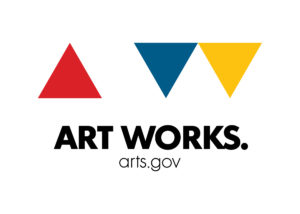By Liza Figueroa Kravinsky
As a composer, I would like to share some tips about working with a film composer.
If a picture says a thousand words, music says a thousand more. Here is a video that will communicate about ninety percent of what you need to know:
https://www.youtube.com/watch?v=mndDbN60Eiw
The best way to think about music for film is to decide where you want music and how you want your audience to feel when the music plays. Try writing music into your script as if it were another character or narrator. This will enable you to consider leaving space for music while shooting a scene or placing narration or dialogue into the piece. Invite your composer to review and even tweak the script. You might end up with some award-winning approaches.
Once you have made your decisions about music, you will need to communicate your ideas to your composer. Describing music is very much like playing reverse charades. Instead of describing words with actions, you are describing music with words. That can be trickier than you think, but just keep in mind that that is normal.
The most important thing you need to do is to relax and be yourself. Use language that you understand. Tell the composer how you want the music to feel and what it should say; and what style of music it should sound like.
Use any means necessary to clarify your communication. Refer the composer to an existing song or piece or provide a recording of it. Overkill in this process will help more than hurt.
The composer should respond with extremely rough drafts. That way, you will have the opportunity to go back to square one if he, she or they are on the wrong track. Don’t worry, an experienced professional shouldn’t be offended. You should go back and forth on rough drafts, as in a game of reverse charades. When you finally approve a rough draft, the composer can produce the final version of the piece under your supervision.
The composer should provide you with an audio file of the music that you can place into the sound mixing software of your film. Levels can be adjusted along with the sound effects and dialog. The end product is a the most evocative version of your vision.
Liza Figueroa Kravinsky is an award winning film music composer. She is also the principal composer for the critically acclaimed GoGo Symphony.

















